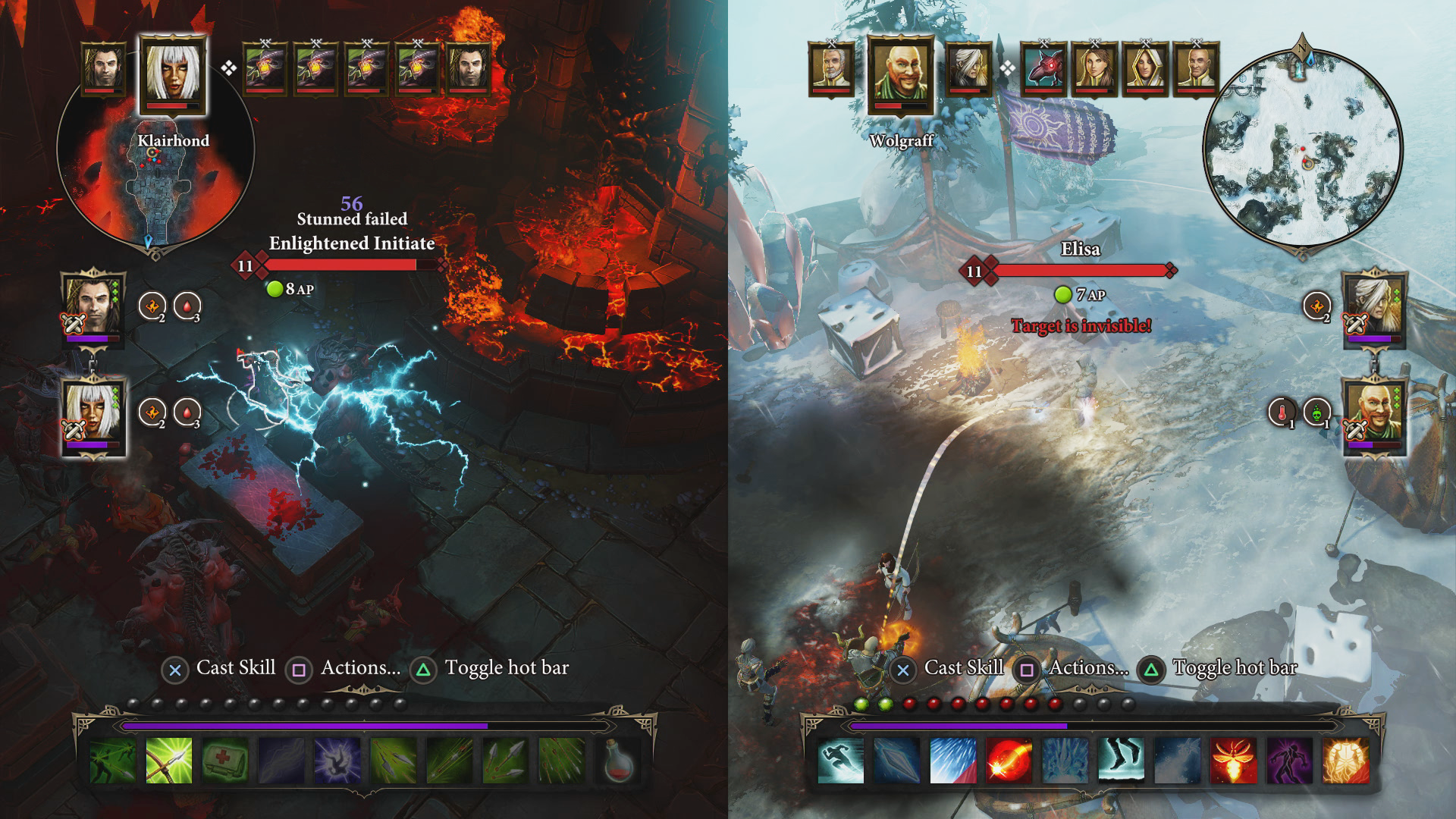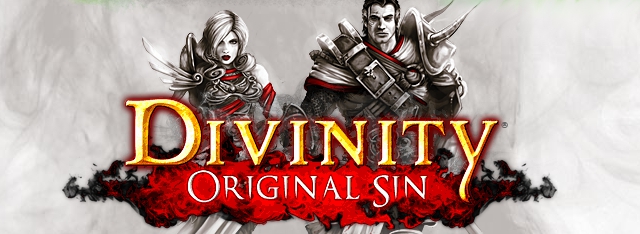

That is also why I list the quests in alphabetic order within each map.
#Divinity original sin walkthrough show free#
You are free to solve the quests in any order you like (except for those with prerequisites). The 'M' for Mandatory and 'O' for Optional means that that particular step is necessary or optional in order to complete that specific quest, that's all. I have only specified if a quest has a prerequisite in order to be started. I have not specified in the walkthrough if a quest is necessary to complete the game or not. Quote: If there's any embarrassing spoiler in this post warn me, I checked and felt it vague enough, but if not, I'll add some spoiler a little clarification. For sure what I did at replay was with some picklock and pickpocket and eventually some sneaking, but it's possible. That's what I reproach to your guide, not show this freedom nor clearly there's plenty stuff optional, in fact almost everything. I did the mines but I'm 100% sure it's not mandatory to find the special spell because at first play I combat only one knight and it wasn't mandatory. In my replay Im' already in second Dark Forest part, I haven't done initiation, undeads, nor even any Evelyn thing, nor even found the witch.

I don't know what's mandatory but certainly not do the initiation, nor clean undead and finished the undead quest in first area, and plenty more. You'll get also two stones sooner and it opens different order, I could be wrong but I feel your guide is misguiding on the real freedom the player has. I'll take an example, you can picklock to enter in the basement of the chapel, there's no necessity to do the initiation. In my opinion a player using the guide will think all steps are mandatory but it's far to be that. Many many quests are just non mandatory, I don't see this guide showing it alternative, I did a quick overview of the murder quest without to quote the huge amount of variation in the guide, but firstly it's very complicated, secondly it's a matter of presentation, by checking again and a bit more carefully, I saw it's eventually implicit. So it's a game that requires know give up solve everything instantly instead of checking a guide as soon as you believe you block. More that once you get faced to problems you can't solve yet, and you could feel it as if you are failing solve it. A character's starting perks are just that: what he or she starts with, not necessarily what he or she will need to be or do as the campaign goes along.You'll spoil yourself a lot of the game if you check it too quickly. The preset classes can help you avoid those mistakes, though each can still be further customized.Īs you level up, the same rules apply, so you can theoretically end up with a high-level character that plays against the type of what you started with. For example, you could pour all your starting Ability points into Two-Handed Weapons, but then only run around with a dagger and a shield.

However, the possibilities also mean you can theoretically break your game before it begins. Naturally you can go with the basic route of a melee fighter backed up with a healer, or a wizard who does massive damage backed by a sneaky rogue who backstabs everyone. It is in your best interest to create your first two characters in such a way that they complement each other. All that matters is whether you're applying points to the areas that work for your playstyle.

However, if you are customizing, the class you choose is actually meaningless. Abilities, Talents, and Skills all have prerequisites, thus introducing the balance. If you're a veteran of role-playing games or desire control, you can customize every aspect of your characters. Your characters can be assigned a class from a list of eleven Preset Classes, but these classes are merely presets to the myriad of skills, talents, and spells you can assign. When you first start a new game, you are tasked to create your first two characters, both in appearance and starting skills. Character creation in D:OS can be a fairly long and involved process if you choose.


 0 kommentar(er)
0 kommentar(er)
